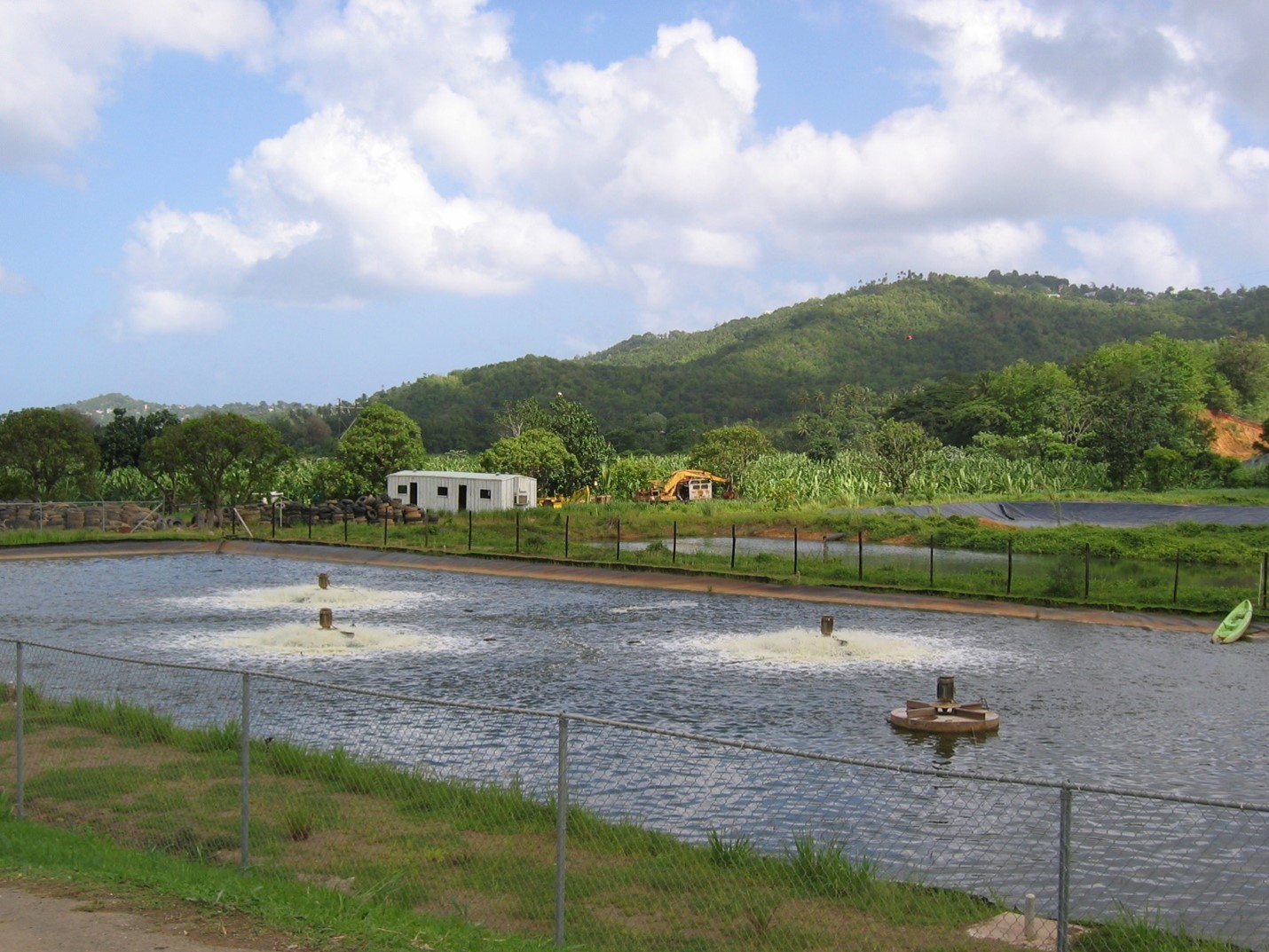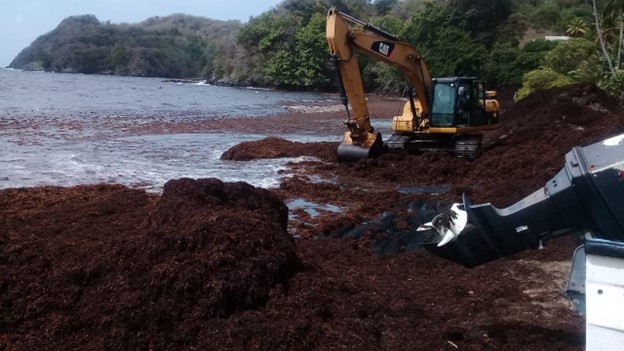Countries bordering the Wider Caribbean Region (WCR) [1], particularly the Small Island Developing States and Island Territories, are heavily dependent on its resources for socio-economic prosperity and human well-being. The nature and intensity of development activities, the size of the human population, the state and type of industry, and agriculture are but a few of the factors contributing to each country’s unique pollution problems. The 80% of marine pollution across the WCR is the result of land-based sources and activities such as agricultural run-off and infrastructure and is often discharged either directly into the sea or enters the coastal waters through rivers. The Caribbean also is the biggest plastic polluter per capita in the world. An estimated 79 million tons of solid waste, including 1.3 million tons of plastics, were introduced to coastal waters of the WCR in 2015 alone.
For the past decades, the lack of regulations and mismanagement of wastewater has negatively impacted public health (i.e., air and water quality) and the environment (forest and soil health degradation, and biodiversity loss due to e.g., algal blooms). On average, about 85 percent of wastewater in the WCR goes untreated into the ocean. Organic and nutrient pollution, particularly from sewage, is most widespread and poses a serious threat to the Caribbean. Second to this threat is marine litter and plastic pollution, which has led to a seemingly unstoppable flow of plastics into the environment including out into the deep oceans.
However, pollution can also derive from sea-based sources such as the shipping industry: From cargo lost overboard and toxic chemicals leaching from antifouling paint to transporting larvae and small organisms in their ballast water, which can become invasive species. The WCR is one of the world’s busiest destinations for the cruise ship industry and a medium-sized cruise ship (3,500 passengers) can generate up to 795,000 liters of sewage and 8 tons of garbage in a one-week voyage, which can overwhelm the infrastructure of small ports in the region. Ships and other vessels also result in 250 major and minor oil spill incidents yearly, marine litter, and heavy metal pollution which severely affect the sustainability of the ocean’s ecosystem.
[1] The Wider Caribbean Region (WCR) comprises the insular and coastal States and Territories with coasts on the Caribbean Sea and Gulf of Mexico, as well as waters of the Atlantic Ocean adjacent to these States and Territories and includes 28 island and continental countries.


Geospatial resources
